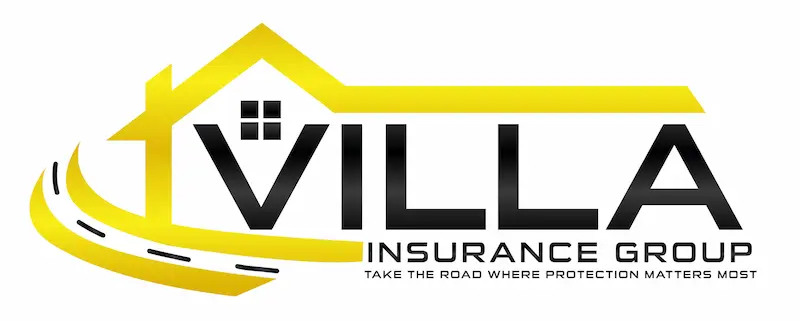The Importance Of Insuring Your Recreational Vehicle
If you are considering purchasing a recreational vehicle (RV), it’s important to understand what type of insurance you’ll need for this type of car.
Because your RV is both a home and a vehicle, it requires specialized. Also, every state require minimum liability coverage if the vehicle is driven on the road.
Does RV Insurance Cover?
Depending on the insurance company, RV insurance covers many of the similar damages that auto insurance does, including collision, comprehensive and liability coverage. You can consult your agent to also get additional protection for your personal belongings on board, as well as the equipment and accessories that are attached like antennas and awnings.
Depending on the insurance company, you might choose some additional coverage options that best fits your requirements:
- Total loss replacement coverage
- Campsite and vacation coverage
- Emergency expenses
- Towing and roadside coverage
- Full-time coverage if your RV is your full time residence
- Uninsured and underinsured motorists coverage
How Much RV Insurance do I Need?
The amount of RV insurance you need will depend on several factors, such as:
- The requirements of the state you live in
- The class of motorhome you own (Class A which is the most expensive coverage followed by Class C, while Class B RVs are the least costly to insure)
- Where you will be traveling and whether you will be crossing state or country borders
- Whether you are using it part or full time
- Whether you have custom features which would result in higher repair costs
Additionally, the amount of RV coverage you need will depend upon the assets you want to protect in the event of a liability claim or lawsuit.
Why Should I get RV Insurance?
Owning an RV can be a lot of fun and provide a fun and new way to travel across the country, but it requires a large investment, so it should be treated as such.
RV Insurance is an important coverage because of the large investment you’ve made in it. It’s not only important to protect your property and investment but also because you would be covered if you are involved in an accident and significant damage where to happen to other vehicles and/or property.
Bottom line
As any other personal property, an RV holds a great deal of value, so making sure to have a full coverage insurance is the best option to protect against a potential loss and damage.
Insurance also protects you if your RV might receive some damage when its parked out in the open yard which leaves them susceptible to storm damage, vandalism, and possible theft. It also covers you if an uninsured driver would damage your car.
The best coverage for you and your RV will vary depending on the following factors:
- The type and size of recreational vehicle you own
- Whether you carry high-priced property inside your RV that might need to be covered
- Whether you want increased liability limits
- How your RV is stored when is not being used
- Where and how often your RV is driven
It makes financial sense to get an insurance for your RV, the same way you protect all of your other investments and property, so why not include those on wheels?
Where Can I Get RV Insurance?
RV insurance is available through most insurance agencies. When you work with an independent agent, you’ll get the help you need to review several RV insurance quotes in one place, which means more options and comfort.
Just as you would do before making an important decision, always try to be well informed and know all the options available. Same happens with insurance, always talk to your insurance agent or other qualified professional before deciding which insurance company is best fit to your needs and budget.
A great option for an independent agency in Lynnwood, WA is Villa Insurance Group. They protect all aspects of your life, from your business to your autos, RVs and home, they’ve got you covered!
Don’t wait, call them today at (425) 771-9000 or visit our Quotes Online and start saving money.
